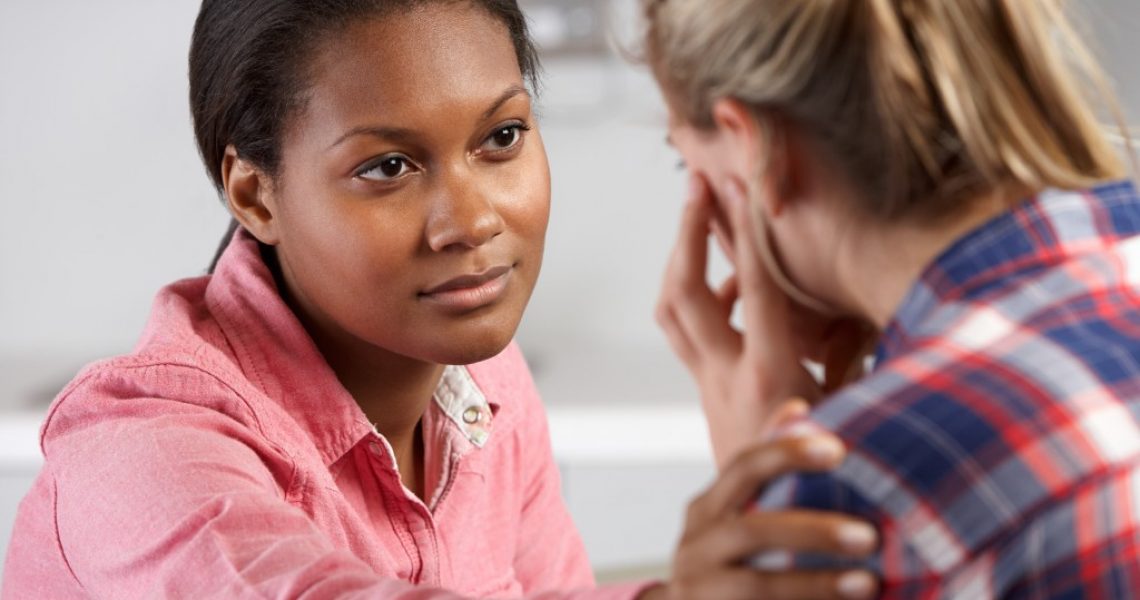Human emotions are both complex and fragile. This is especially important when handling an abrupt loss of a loved one. Grief is one of the strongest emotions, and it should be approached with care. It’s usually connected to cultural practices and personal biases. Tolerance and understanding are vital keys to knowing how the grieving process works. Also, there is no correct way of handling grief, and the best way to deal with it is to respect a grieving person.
Grief Types
Loss is a common trigger of grief in people. However, there are different forms of grief. Refusing to accept the loss of a loved one to the point of ignoring one’s welfare is a type of chronic grief. They think that the pain they’re feeling is the best way to honor the dead.
People who bottle up their emotions or set them aside can experience delayed grief. It hits hard when they least expect it. Adults assume that children are unaware of sad situations, but actually, kids suffer from inhibited grief. Due to their inability to express their emotions, parents are encouraged to guide their children with the grieving process.
Therapists in Brooklyn suggest that strong emotional support is necessary when in grief. Lending a shoulder to cry on or listening are the best ways to show support.

Grief Symptoms
Aside from knowing the different types of grief, recognizing its symptoms is also vital. Some of these symptoms include anger, shock, sadness, and guilt. Anger is a natural emotional response, and most people seek someone or something to blame for their loss.
Accepting the situation is also tricky, and shock leads to doubting the situation. Feeling desperate and empty are common signs of sadness, while casting self-doubt and being hard on oneself is often caused by profound guilt.
These are just some of the emotional symptoms of grief, and it can also affect your physical well-being. Grief can also make you lose sleep and affect your immune system. Your mind and body are connected, and if one stressed, it can influence the other. Some experts claim that the mortality rate increases for people who are emotionally stressed.
Moving Forward
The hardest step in coping with grief is moving forward. Doing it alone is hard, and you need help. Riding a roller coaster of emotions is exhausting, but it will pass. Swallowing the bitter pills of life is the first step to moving forward. Reach out to your close friends and relatives. They are the best people who can understand what you’re going through.
Open up and let it all out. It’s okay to cry, and this will help your release your bottled-up thoughts and emotions. Choose how you want to remember your loved ones who passed on. Don’t forget about self-care and staying healthy. The best way to celebrate their lives is to live and be happy.
Grieving is part of our lives, and it’s something we should all accept. It will help you have peace of mind and a sound body. Don’t forget the pain. Instead, learn from it and move on.

